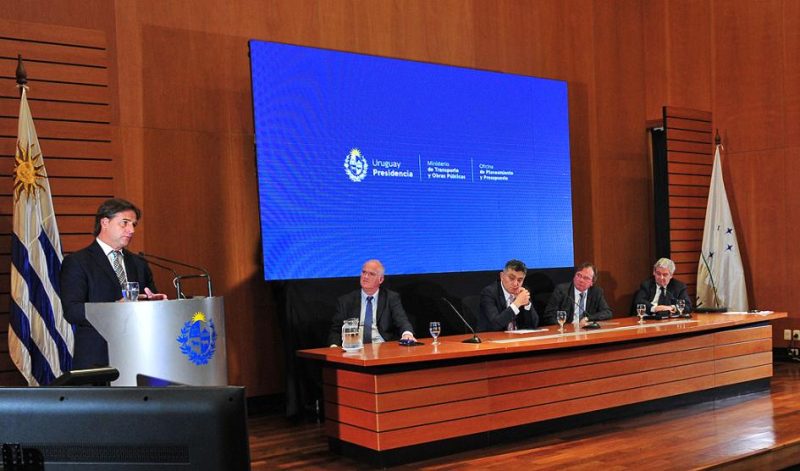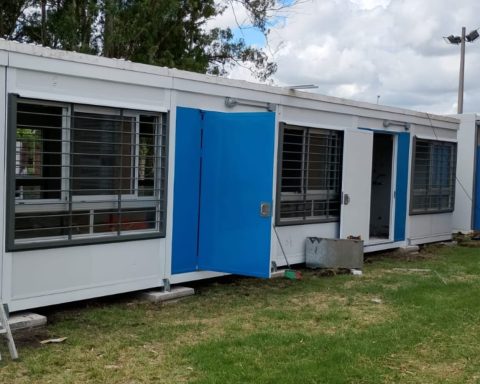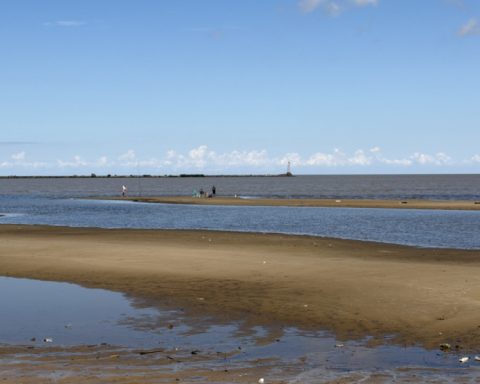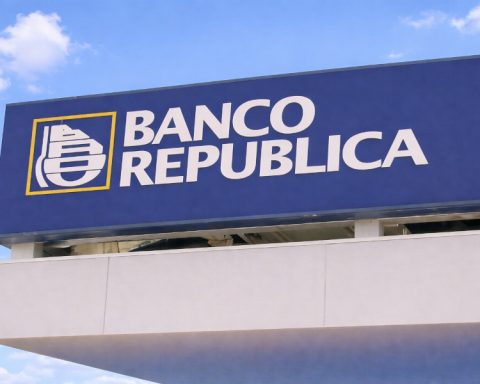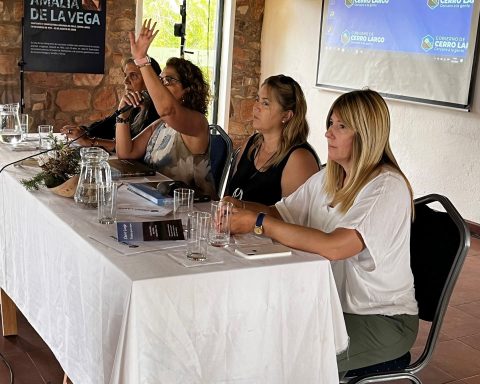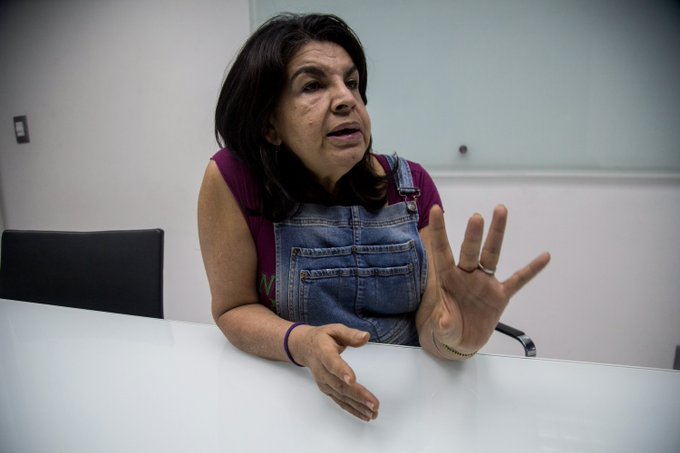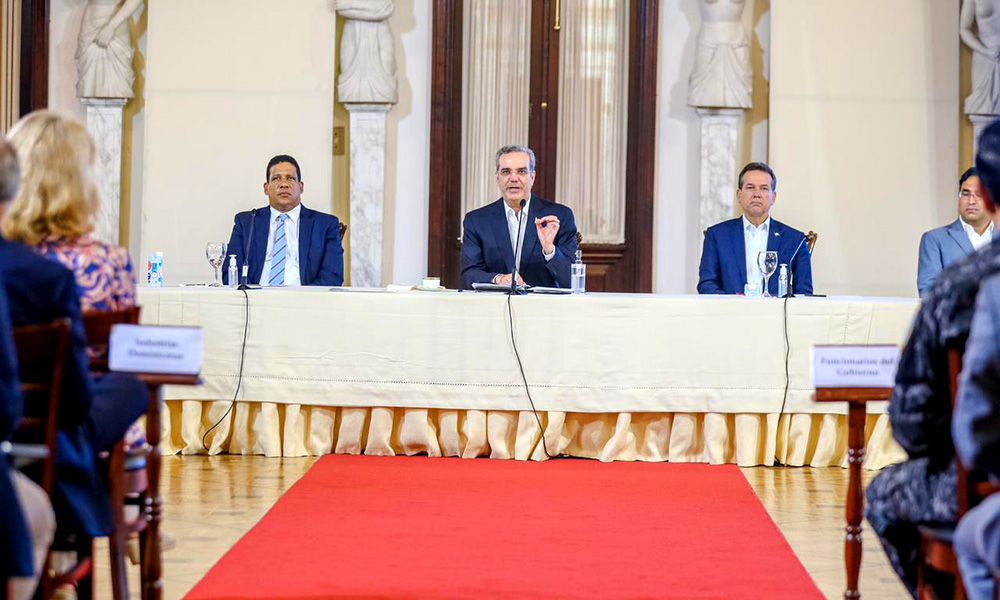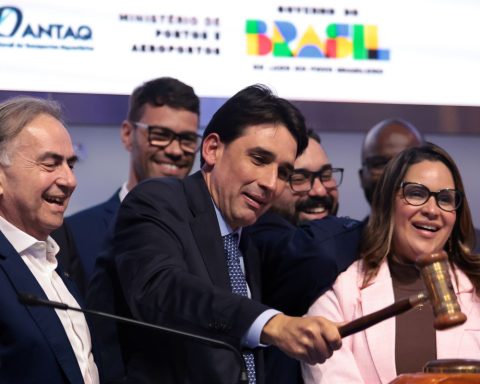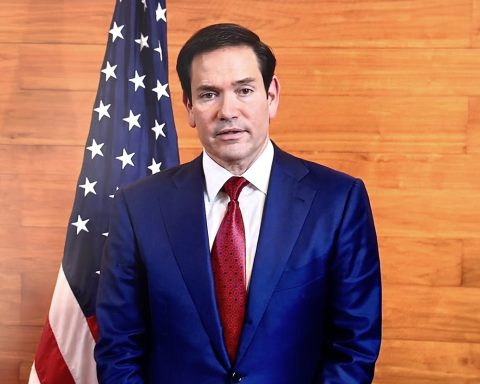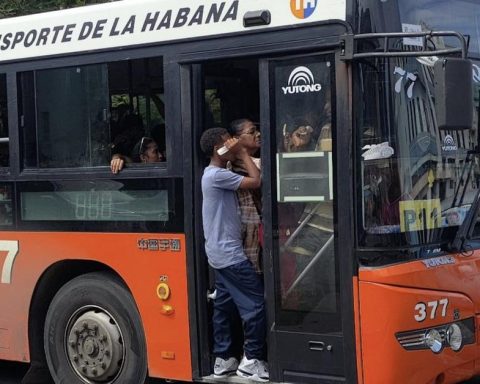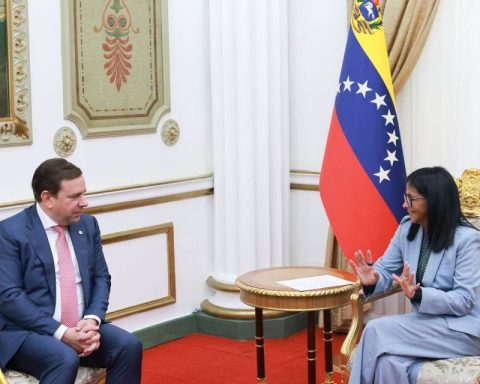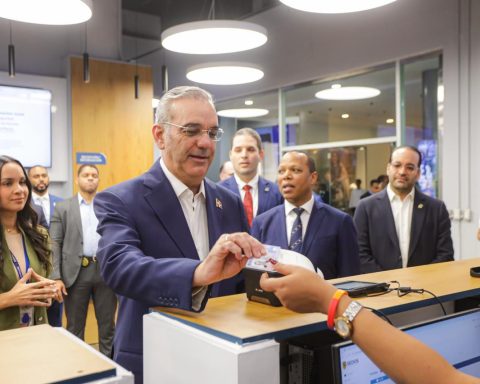“This team has a government vocation for the people, of respect for the resources of Uruguayans, and we are going to return them as effectively, efficiently and humanly as possible”, President Luis Lacalle Pou highlighted in the announcement of the National Infrastructure Plan. For the construction and refurbishment of roads, an investment of 905 million dollars and 7,622 kilometers of works are planned for this year for the entire period.
The presentation was made on the afternoon of this Tuesday 5, in the auditorium of the annex building of the Executive Tower. The president was accompanied by the Vice President of the Republic, Beatriz Argimón; the secretary of the Presidency, Álvaro Delgado, and the deputy secretary, Rodrigo Ferrés. The oratory was given by the head of the Ministry of Transport and Public Works (MTOP), José Luis Falero; the director of the Planning and Budget Office (OPP), Isaac Alfie, and the president of the National Development Corporation (CND), José Luis Puig.
Also in attendance were the Undersecretary of the MTOP, Juan José Olaizola, and the Ministers of Economy and Finance, Azucena Arbeleche; Livestock, Agriculture and Fishing, Fernando Mattos, and Education and Culture, Pablo Da Silveira;
“Each bridge, each route, for us, is a known place”, indicated Lacalle Pou in his speech. He said that the works plan announced by the Ministry of Transportation and Public Works “will generate a very important fairness.” “Some routes are overloading (…), (in) others it is because there is a future load not only of raw materials, but of people who move,” he explained.
and added: “We manage public resources, we are elected with a government plan, with commitments, and then we are administrators (…). Sometimes the Welfare State is opposed to a more liberal State, in reality, the public and the private coexist, for that, among other things, there must be respect for the public, there must be dedication, processes, and fulfill what was promised ” .
In this sense, he recalled that as soon as the current Government had taken office “it changed our lives”, referring to the COVID-19 pandemic. “We had come to the Government saying that we had to save 900 million dollars, and COVID cost Uruguay 2,000 million dollars. Likewise, the Ministry of Economy and Finance not only invested that money, which was necessary, but also defined a saving, separating the structural from the conjunctural”, accurate.
The president added that this is a government with “an enormous vocation for social sensitivity not to gargle or provide assistance”, but to fulfill “the old Uruguayan dream, social mobility, the possibility of growing”.
“We are making the largest investment in settlements in history, in the last Accountability, a strong investment was made in early childhood, and in this one, in education. In the education budget, teachers who are teaching, who need the most (…) are going to be paid more. It is not cold money, it is money with a country vocation”, manifested.
Lacalle Pou also assured that the Government’s concern is “that things be done well”. “It is a deep pride to participate in this team that has a government vocation for the people, a vocation of respect for the resources of Uruguayans, and we are going to return them as effectively, efficiently and humanely as possible”, held.
Investment of more than 900 million dollars in routes by 2022
In his presentation, Minister Falero indicated that, with the investment in public works planned for the current five-year period, Uruguay has bet on the reactivation of the economy, with new financial instruments, such as rehabilitation, maintenance and financing contracts (Cremaf), promoted by the Executive.
He announced that 905 million dollars will be invested in road works in 2022, which represents 7,622 kilometers, of a total network of 8,833 nationwide. In 81% of the national routes there will be works underway in this period, he revealed.
In addition, he mentioned that in 4,440 kilometers the pavement will be recovered and in 2,600 the standard will be changed. This means that pavement resistant to cargo transport will be implemented and it will go from bitumen to asphalt mixture or concrete, with a durability of 7 to 10 years, without the need for new interventions.
The MTOP will carry out 642 kilometers of new works and another 342 to reach “zero ballast” throughout the country, as well as 227 bridges, with an investment of 413 million dollars, a record figure in a government period. The plan also includes the construction of 100 roundabouts, 10 interchanges and 71,500 meters of third lanes.
Alfie, meanwhile, explained that the objective is to transform the road network to improve the competitiveness of national production. In this sense, he referred to the changes introduced through the Cremaf, which reduce the cost with respect to public-private participation contracts (PPP).
The director of OPP also pointed out that the modifications are related to the increase in competition, smaller sections and a greater number of companies that can access loans to compete, improve work completion deadlines, exclude major maintenance, irrevocable certificates with high risks for the companies and simplicity of studies and costs, for which redundant controls are eliminated and the time between the signing of the award contract and the start of works is shortened.
“We are going to have more money to do more works,” he stressed.
For his part, Puig made a historical review of the support of the National Corporation for Development, in terms of works and maintenance of the national road network. He stressed that the concessions for routes 5 and 8 will be increased for another 16 years, which will allow supporting the projects. The financing is made with the collection of the current tolls, plus subsidies from the MTOP, other commitments and new bridge loans for the works.
